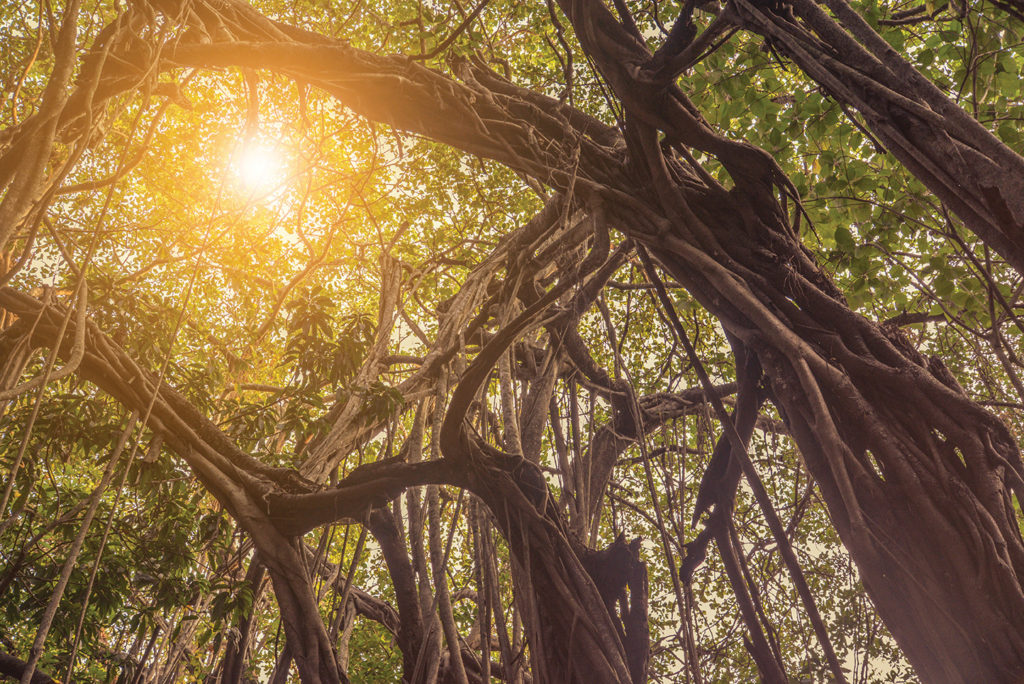By Margaret-Anne Enders —
I’m sure you have heard it said at least once during the past couple of months of pandemic time—this is a time of great possibility. People say it with hope, with excitement, with the keenness of a new idea. Let’s be honest, though. This is nothing new. It has always been a time of great possibility. It’s just that we can see it more clearly now that the “normal” lenses have been knocked off of our faces. People are open to both the possibility and the necessity of change.

There is no denying the need for change. Climate change and the continued growth of the fossil fuel industry threaten the future of the planet and its inhabitants—including humans, to be clear. Here in Canada, the third best country in which to live, according to the 2019 Best Countries Report, 20 percent of children live in poverty, with the number rising to 47 percent for children living in First Nations communities. And, in a country that internationally prides itself on justice and fairness, our rates of incarceration, school suspensions, and children-in-care are skewed to the disadvantage of people of colour and Indigenous folks. We can do better, can’t we?
It is in this spirit of openness and desperation that I turn to the words of Lilla Watson, an Indigenous Australian artist and academic, and her activist community: “If you have come here to help me, you are wasting your time. But if you have come because your liberation is bound up with mine, then let us work together.”
While the context is somewhat different, the COVID-19 pandemic wakes us up to the fact that we are, in a sense, all in this together. It is clear that our individual health and safety is bound together with the health and safety of all. Of course, it’s not that simple. Economically marginalized groups are harder hit by the virus. Isolation is not so easy or even achievable in crowded housing, care centres, and prisons. The economic downturn will adversely affect those with fewer financial resources. But the fact remains—going forward, we will all be safer if everyone is taken care of. And indeed, that has been the call all along. The major world religions, standing the test of time, all advocate for some form of the law of reciprocity: treat others as you would like to be treated. Basically, take care of one another, respect each other, work for the good of all. And we have seen, when there is political and social will, there are money and resources available to take care of everyone.
So, what if we took seriously the idea that our liberation is a collective endeavour, that none of us will truly be free, fed, educated, safe, and healthy until we all are free, fed, educated, safe, and healthy? Imagine: not that we must work together out of guilt or fear of dire consequences, but that we wanted to work together, out of desire for new relationships and learning, for the thriving and health of all cultures, beings, and the planet. This is an opportunity for those of us with different sorts of privilege (economic, racial, gender, etc.) to amplify the voices of those on the margins. We can even begin to sacrifice a little for the sake of all—things like decreasing our carbon footprint by limiting non-essential air travel and giving our time to learn about issues of inequity in our community and then working for change.
As we move through this challenging and chaotic time, there are signs that spark great hope within my soul:
- Indigenous wisdom from all parts of the globe coming to the forefront
- Financial support available to most people in need
- Lower levels of factory emissions and decreased transportation leading to cleaner air and reduced pollution
- Widespread conversations about universal basic income
- Increased government and community support of small businesses
- Creative connections in social, spiritual, and economic realms: virtual powwows, Zoom weddings, the return of the drive-in
- Innovations in medicine and health care
- The realization that we can clearly use fewer fossil fuels
- The possibility of smaller class sizes and more opportunities for outdoor learning
- Imaginative policy ideas like the Green New Deal
- The words of the president of the European Commission, “As we come out of the crisis, we must not fall into old habits. We must not hold onto yesterday’s economy as we rebuild.”
The collective consciousness is active and ripe for change. There are challenges, to be sure, and positive change is not inevitable—so let’s keep dreaming and advocating. Possibilities need champions to become realities. Pick a passion, even one, and put in some time and energy to help bring it to fruition in our changing world. As Lilla Watson urges, “Let us work together.”
Margaret-Anne Enders is a parent, a home-gardener, and a lover of peaceful spaces in nature. She works in the areas of racial justice, reconciliation, and community development. Margaret-Anne lives on traditional unceded Secwepemc territory and is thankful for the presence and teachings of the local and surrounding Secwepemc, Tsilhqot’in, and Dakelh-Dene people.


1 Comment
Hi Margaret-Anne! I was just thinking of you the other day as I was speaking of the Racism Workshop you did a few years ago at the Stemete7uw’i Friendship Centre in 100 Mile House with Mary Thomas. I was telling my friend that a workshop such as that should be available for all first year university students. I read your article “Entwined Liberation: A COVID Awakening” and I agree with your facebook comment, that a lot of what you said could be applied to our current focus, in the media, and therefore in our minds and hearts as well, about the need for change regarding our policing in Canada and our systemic racism in our culture. Please keep writing and sharing you compassionate and intelligent views!